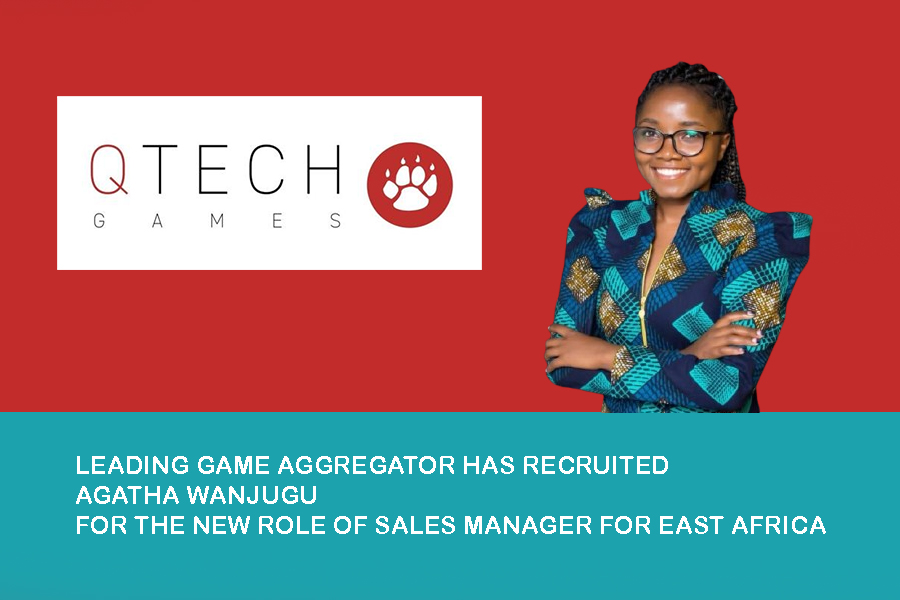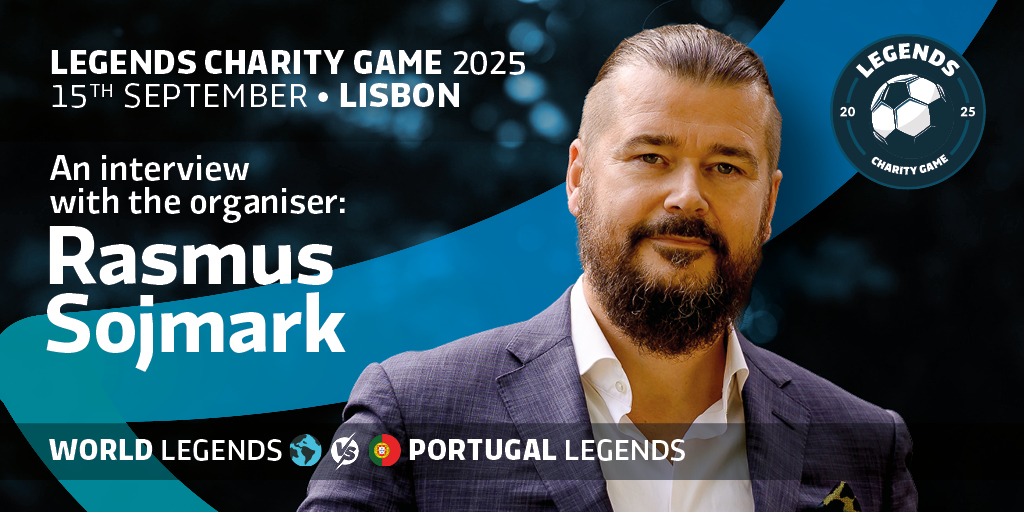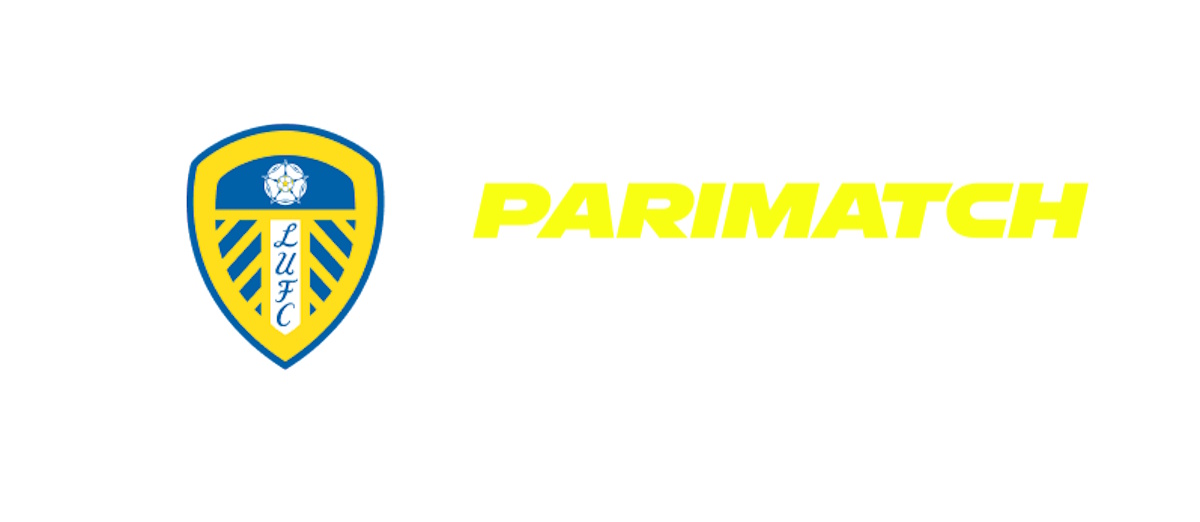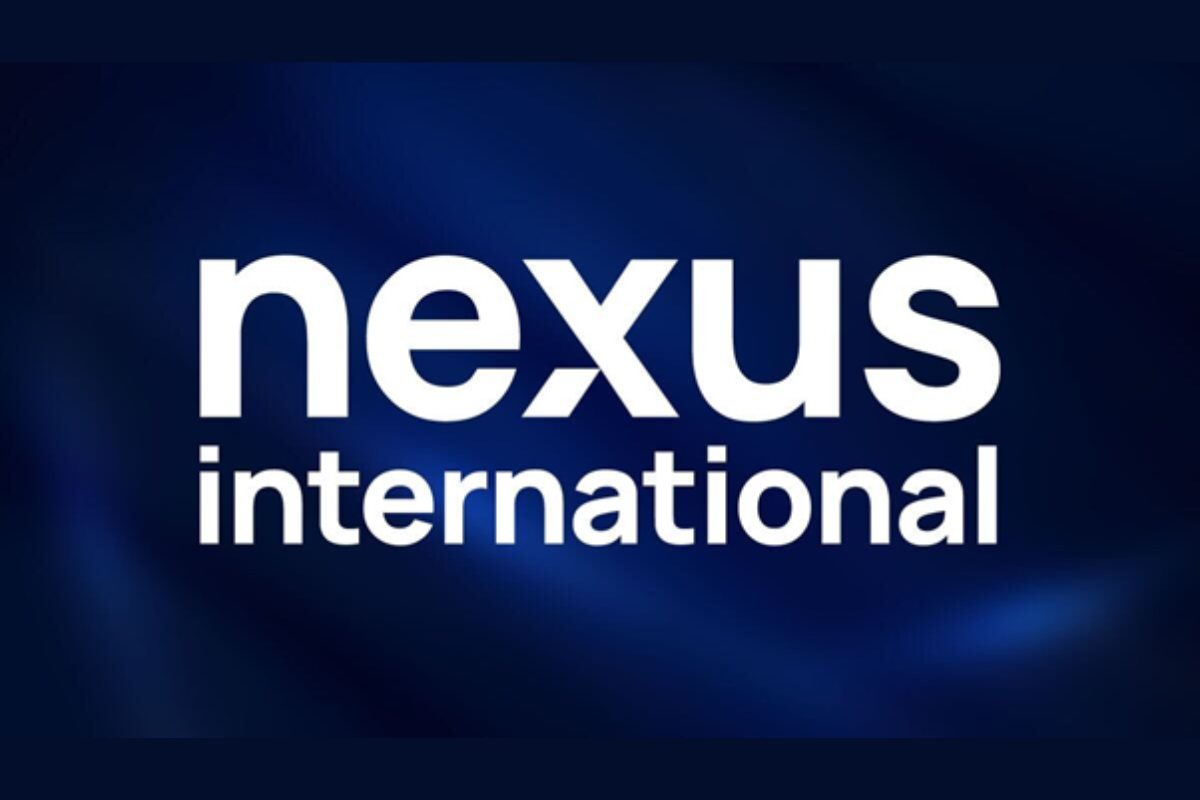Latest News
Internally Funded, Globally Ranked: Gurhan Kiziloz’s Nexus Climbs into Gaming’s Top 100

Building a billion-dollar business is never tidy. Building one without external capital, while navigating regulatory hurdles and foreign expansion, is rarer still. Yet that is precisely the path Nexus International has charted. The company now finds itself among the world’s top 100 gaming firms, having clocked $546 million in revenue during the first half of 2025, a 110% jump from the same period last year.
Unlike many of its peers, Nexus has preferred function over fanfare. Its three core platforms, Megaposta, Spartans, and Lanistar, have been scaling across regions without splashy campaigns or breathless updates. They earn, they grow, and they remain largely quiet about both.
Brazil was an inflection point. Nexus didn’t chase headlines or enter the market on hope. It handled the licensing, tuned operations to local norms, and launched with minimal ceremony. The result: $400 million in revenue from its Brazilian arm last year alone. There was no bold pivot, only steady accumulation.
For most firms, numbers like these would coincide with funding rounds and executive reshuffles. Nexus, however, continues to move under its own steam. The $1.54 billion full-year projection may be a stretch, but the trajectory matters more than the absolute. The business is scaling. The revenue curve is steepening. And unlike some in its category, it is doing so without burning through investor capital.
That has not gone unnoticed. The internally funded model, once unfashionable, has found new relevance in a climate weary of venture-fueled volatility. Gurhan Kiziloz, Nexus’s founder, has made a habit of choosing timing over theatre. “Persistence beats resistance,” he likes to say, and the company seems built around that very principle. No bold pronouncements. Just execution.
It is a playbook not often seen in the gambling and gaming sector, where marketing budgets are as large as compliance departments, and where growth is typically measured by noise. But Kiziloz has opted for the longer arc: building compliant operations before making a move, reinvesting revenues over courting outside capital, and maintaining discipline even when growth has made alternatives viable.
Others have travelled a similar road, though not many. Dyson famously held off on external investment to maintain product integrity and pace. Mailchimp passed $700 million in annual revenue before its acquisition, all without a dollar in VC funds. Atlassian reached global scale with a minimalist go-to-market approach that baffled investors but delighted its balance sheet. These are outliers. But so, perhaps, is Nexus.
Its restraint has created options rather than limiting them. Without investors demanding short-term performance, the firm has been free to delay launches, course-correct discreetly, or deepen regulatory engagement without pressure. It also means Nexus has no quarterly earnings calls to prepare for, just internal benchmarks and forward momentum.
That is not to say the road has been frictionless. Expanding into regulated markets demands an appetite for slow victories. Compliance is more than just box-ticking; it requires architectural decisions that affect everything from payout models to interface latency. Much of this work is invisible, but the consequences of skipping it are not. Nexus’s willingness to get it right early, often quietly, has earned it a reputation for operational reliability, not just user acquisition.
There is also the matter of control. Internally funded growth has allowed Nexus to set its own cadence. The group’s expansion, into Brazil, into multi-brand strategy, into new verticals, has rarely looked rushed. Even now, as revenue numbers swell and its brands find footing across continents, the pace remains deliberate. The bets may be big, but they are rarely loud.
The firm’s rise into gaming’s top 100 may mark a new phase, not just in visibility but in how it is perceived. From an outsider with a strange aversion to external capital, Nexus is now being studied as a case study in grit and measured execution. The metrics help. A 110% revenue increase year-on-year is not easily dismissed. Nor is a trajectory that, if even half-sustained, could see the group edge into the top 50 within a few years.
But scale changes things. The more prominent a company becomes, the more difficult it is to maintain the clarity that helped it grow. New hires dilute culture. Expansion tests infrastructure. Revenue brings complexity, and complexity is rarely elegant. Nexus will face all of that. The question is whether it can continue to grow without losing the edge that got it here.
If the past two years are any indication, it will try. And it will do so in its own way, deliberate, quiet, and unbothered by the tempo of others. In an industry still prone to froth, Nexus’s refusal to perform for the spotlight might be its most enduring strength.
It didn’t break from the pack by screaming louder. It just ran further.
-

 Africa6 days ago
Africa6 days agoQTech Games recruits Agatha Wanjugu as Sales Manager for East Africa
-

 Interviews6 days ago
Interviews6 days agoLegends Charity Game: Rasmus Sojmark on Football Icons, Lisbon, and Raising €1 Million for Charity
-

 Latest News7 days ago
Latest News7 days agoParimatch promises to help Leeds United fans enjoy an ‘unforgettable’ season as part of official partnership
-

 Latest News6 days ago
Latest News6 days agoGR8 Tech Launches CRM Bonus Shop to Boost Player Engagement and Retention
-

 Latest News6 days ago
Latest News6 days agoBe Heard Above the Noise: Booming Games’ Dorota Gruszka on Standing Out in the Crowded Slot Studio Market
-

 Press Releases6 days ago
Press Releases6 days agoSoft2Bet’s MEGA Shortlisted for Product Innovation of the Year at Global Gaming Awards Americas 2025
-

 Latest News3 days ago
Latest News3 days agoBest Altcoins & Crypto Casino Sites for Safer Gambling 2025 Ranked
-

 Latest News3 days ago
Latest News3 days agoBest Online Casinos in Europe | Listed Top 10 European Casino Sites for 2025
























